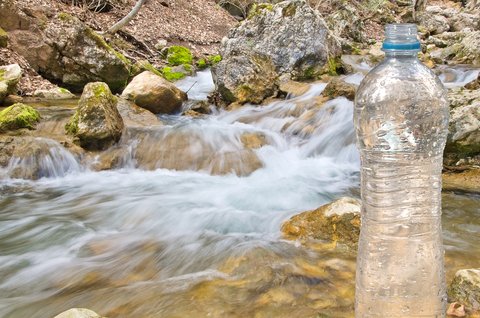Spring water is often hailed as one of the purest and most refreshing sources of hydration available. Sourced directly from natural springs, it undergoes a natural filtration process that enriches it with essential minerals. Drinking spring water at the right time can enhance its benefits, optimizing hydration, digestion, and overall health. But when exactly is the best time to drink spring water for maximum benefits? Let’s explore.
Early Morning: Kickstarting Your Metabolism
One of the best times to drink spring water is first thing in the morning. After hours of sleep, the body becomes dehydrated, and replenishing fluids immediately upon waking can stimulate metabolism and kickstart the digestive system. Studies suggest that drinking water before breakfast can boost metabolic rates by 24-30% for up to 90 minutes. Additionally, consuming mineral-rich spring water in the morning helps flush out toxins that accumulate overnight, supporting kidney function and overall detoxification.
Before Meals: Enhancing Digestion
Drinking spring water about 30 minutes before meals has been shown to improve digestion. Water helps prepare the stomach for food by promoting the secretion of digestive enzymes. Research published in the journal Obesity found that individuals who drank 500ml (16.9 ounces) of water before meals consumed fewer calories and experienced improved digestion. The minerals in spring water, such as magnesium and calcium, can also aid in breaking down food more efficiently, leading to better nutrient absorption and gut health.
During Meals: The Controversy
Many people wonder whether drinking spring water during meals is beneficial or if it interferes with digestion. While small sips of water can help in swallowing and prevent overeating, excessive intake might dilute stomach acids and slow digestion. According to a study by the Mayo Clinic, drinking too much water during meals can reduce the concentration of digestive enzymes, potentially leading to bloating and discomfort. Therefore, it’s best to consume moderate amounts and allow the stomach to digest food efficiently.
After Meals: Aiding Nutrient Absorption
Post-meal hydration plays an essential role in nutrient absorption and metabolic processes. Drinking spring water about 30-45 minutes after eating helps the body absorb vitamins and minerals efficiently. The high mineral content in spring water benefits cellular functions, improving energy levels and reducing fatigue. A study in The American Journal of Clinical Nutrition found that post-meal hydration can also help regulate blood sugar levels, making it an excellent habit for individuals managing diabetes or weight-related concerns.
Before and After Exercise: Maximizing Performance and Recovery
Spring water hydration is crucial for maintaining endurance and performance during physical activities. Dehydration can lead to a 2% decrease in athletic performance, as noted by the Journal of Sports Sciences. Drinking 500ml (16.9 ounces) of spring water 30-60 minutes before exercise helps regulate body temperature and optimize muscle function. After a workout, replenishing lost fluids with spring water aids in muscle recovery, reducing soreness and preventing cramps. The natural electrolytes found in spring water, such as potassium and sodium, support electrolyte balance, crucial for avoiding dehydration and maintaining stamina.
Before Bed: Supporting Nighttime Hydration
Drinking spring water before bed can provide numerous health benefits, including improved circulation and detoxification. Studies suggest that nighttime hydration can help prevent heart attacks and strokes by keeping blood viscosity at an optimal level. However, consuming excessive amounts right before sleep may lead to nighttime awakenings due to the urge to urinate. The ideal approach is to drink a moderate amount—around 250ml (8 ounces)—an hour before bed to maintain hydration without disrupting sleep patterns.
During Times of Illness: Boosting Immunity
Proper hydration is critical when recovering from an illness. Drinking spring water when experiencing fever, colds, or flu helps regulate body temperature, flush out toxins, and keep mucous membranes moist. According to the National Institutes of Health (NIH), staying hydrated can also accelerate recovery from infections by enhancing the movement of immune cells throughout the body. The mineral composition of spring water further supports immune health, particularly magnesium, which plays a role in reducing inflammation and improving respiratory functions.
For Skin Health: Improving Hydration and Elasticity
Spring water benefits the skin by providing deep hydration, reducing dryness, and enhancing elasticity. Drinking sufficient amounts throughout the day can lead to increased skin moisture levels by 14%, as per findings published in the International Journal of Cosmetic Science. The silica content in spring water helps strengthen connective tissues, promoting collagen production and reducing signs of aging. Hydration also helps flush out toxins, reducing acne breakouts and giving the skin a healthy glow.

For Mental Focus and Brain Function
Proper hydration is essential for cognitive function, memory, and concentration. A study published in Frontiers in Human Neuroscience found that even mild dehydration—as little as 1-2% of body weight loss—can impair cognitive performance and mood. Drinking spring water at regular intervals throughout the day helps maintain mental clarity, reduce fatigue, and prevent headaches. The natural minerals in spring water, particularly magnesium, are also known to enhance brain function by reducing stress and supporting neural activity.
Hydration Timing for Maximum Benefit
For optimal health, spacing out your spring water consumption throughout the day ensures consistent hydration without overwhelming the kidneys. The recommended daily intake varies by individual, but general guidelines suggest:
· Morning (upon waking): 500ml (16.9 ounces)
· Before meals: 250ml (8 ounces)
· After meals: 250ml (8 ounces)
· Before and after exercise: 500ml-750ml (16.9-25.3 ounces)
· Before bed: 250ml (8 ounces)
Maintaining this hydration schedule ensures that your body functions efficiently, benefiting from the minerals and natural purity of spring water.
Final Thoughts: Optimizing Hydration for a Healthier Life
Drinking spring water at the right times can significantly enhance its health benefits. From improving digestion and boosting metabolism to enhancing athletic performance and cognitive function, strategic hydration plays a crucial role in overall wellness. Ensuring that you drink spring water consistently throughout the day allows your body to make the most of its natural minerals and hydration properties.
By making mindful choices about when and how much spring water you consume, you can maximize its advantages, leading to better energy levels, improved skin health, and enhanced mental clarity. Incorporate these hydration habits into your daily routine and experience the refreshing benefits of natural spring water!
Experience the purest spring water benefits with BoostedOxygenWater, enriched with essential minerals for superior hydration. Whether it’s kickstarting your morning, enhancing workouts, or improving skin health, our premium spring water supports optimal wellness. Perfect for retailers, gyms, and health-conscious businesses, our wholesale solutions ensure you provide the best spring water hydration to your customers.
Join the hydration revolution! Partner with BoostedOxygenWater today. Schedule a call with our team to explore bulk pricing and customized solutions. Let’s grow together!
Reference:
1. Castro‐Sepúlveda, M., Johannsen, N., Astudillo, S., Jorquera, C., Álvarez, C., Zbinden‐Foncea, H., … & Ramírez‐Campillo, R. (2016). Effects of beer, non-alcoholic beer and water consumption before exercise on fluid and electrolyte homeostasis in athletes. Nutrients, 8(6), 345. https://doi.org/10.3390/nu8060345
2. Choi, D., Cho, J., Koo, J., & Kim, T. (2021). Effects of electrolyte supplements on body water homeostasis and exercise performance during exhaustive exercise. Applied Sciences, 11(19), 9093. https://doi.org/10.3390/app11199093
Creighton, B., Hyde, P., Maresh, C., Kraemer, W., Phinney, S., & Volek, J. (2018). Paradox of hypercholesterolaemia in highly trained, keto-adapted athletes. BMJ Open Sport & Exercise Medicine, 4(1), e000429. https://doi.org/10.1136/bmjsem-2018-000429

